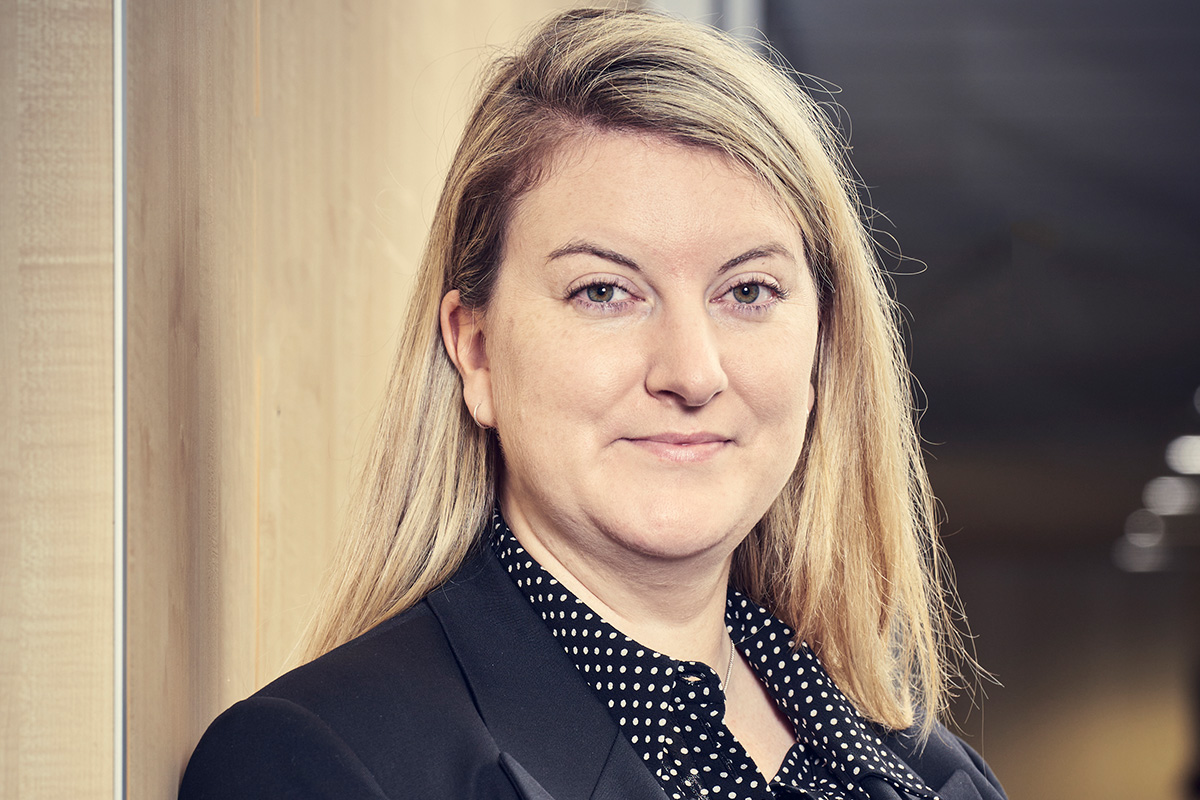
James Naughton, partner, and Angelica Nippard, lawyer, Gordon Legal
The ANMF (Vic Branch) recently told Gordon Legal that an increasing number of members had seen covert recordings of themselves published on social media by their patients, or by their patient’s family members. We found this news shocking.
The ANMF asked us:
Can patients or family members record conversations without a nurse’s, midwife’s or carer’s consent and publish them on social media?
The short answer is no. The Surveillance Devices Act 1999 in Victoria regulates this kind of behaviour.
In most cases, it is a criminal offence for a person to record someone else’s private conversation, without their knowledge, and then post that recording on social media without their consent.
While there are some exceptions to this rule, it is important to be clear: you have the right to feel confident that your private workplace conversations will not be recorded, and that they will not be published on social media.
It is unlawful to record a private conversation between other people, when those other people do not know that they are being listened to by the person doing the recording.
If you are participant in a private conversation, it is lawful for you to record that conversation. However, it would be unlawful to then publish that recording (for example, posting it on social media) without the consent of the other party.
What are private conversations?
Recorded conversations where the parties should have appreciated that their conversation may be overheard by another person are not unlawful, because they would not be considered ‘private’.
For example, imagine that you are having a direct conversation with your patient. The patient’s mother is sitting in a chair next to the patient’s bed. The patient’s mother can hear your conversation with the patient and records the conversation on her phone. This type of conversation is not a ‘private conversation’ under the law, because it is occurring in front of the patient’s mother.
However, if you ask the patient’s mother to leave the room, and she leaves her phone recording on the chair, this would be an unlawful recording of a private conversation.
What this means is that it may be unlawful for the family members of a patient to record you and the patient without your consent. It would not be unlawful for the patient with whom you are having the conversation to record you; however, it would be unlawful for them to put that recording of you online, unless they got your consent.
An unauthorised recording of this nature may be a criminal offence, which means you can report this kind of behaviour to the police.
What should I do if I think someone is recording me?
Whatever be the legal position, if you believe that a person may have recorded you in circumstances that make you uncomfortable, a good first step is to ask the person doing the recording whether they have been recording you. As a starting point, trying to diffuse the situation is always a good idea.
If you discover that you have been recorded without your consent, and if you able to safely do so, ask the person to delete the recording. Many people may not realise that recording you is inappropriate, or (in some cases) unlawful.
If you have been recorded without your knowledge and you don’t feel comfortable asking the person, then you should report your suspicion to your supervisor, or to the ANMF, as soon as possible.
In certain cases, this type of behaviour might constitute a criminal offence. Criminal offences should be reported to the police.
What should I do if I find an unauthorised recording of myself on social media?
If you find an unauthorised recording published online, you should report the video or audio to the social media platform (e.g. Facebook or Instagram). This kind of recording is usually a breach of community guidelines, and will usually be taken down by the platform, if sufficient evidence is provided that a breach of the community guidelines has occurred.
After you report the recording, you should also talk to your union and report the incident to your employer.
You can also report this conduct to the police.
If you believe the content of that recording is defamatory, or has caused damage to your reputation, the person publishing the content may be liable under the laws of defamation. This is a specialised area of the law. In these circumstances you can contact your union for a referral to Gordon Legal.
Summary:
- Only parties to a conversation can record without the consent of the other people having the conversation. However, if you are speaking to a patient with a family member present, this conversation may not be private, and they may be able to record you.
- However, even if they are legally allowed to record you, they cannot then publish this conversation on social media without your consent, unless another exception applies (but an exception is generally unlikely to exist).
- If a patient or family member publishes a recording of you without your consent, you should report this content to the platform publisher (e.g. Facebook) as a violation of community standards, and seek the assistance of the police, your union, and/or Gordon Legal if required.




